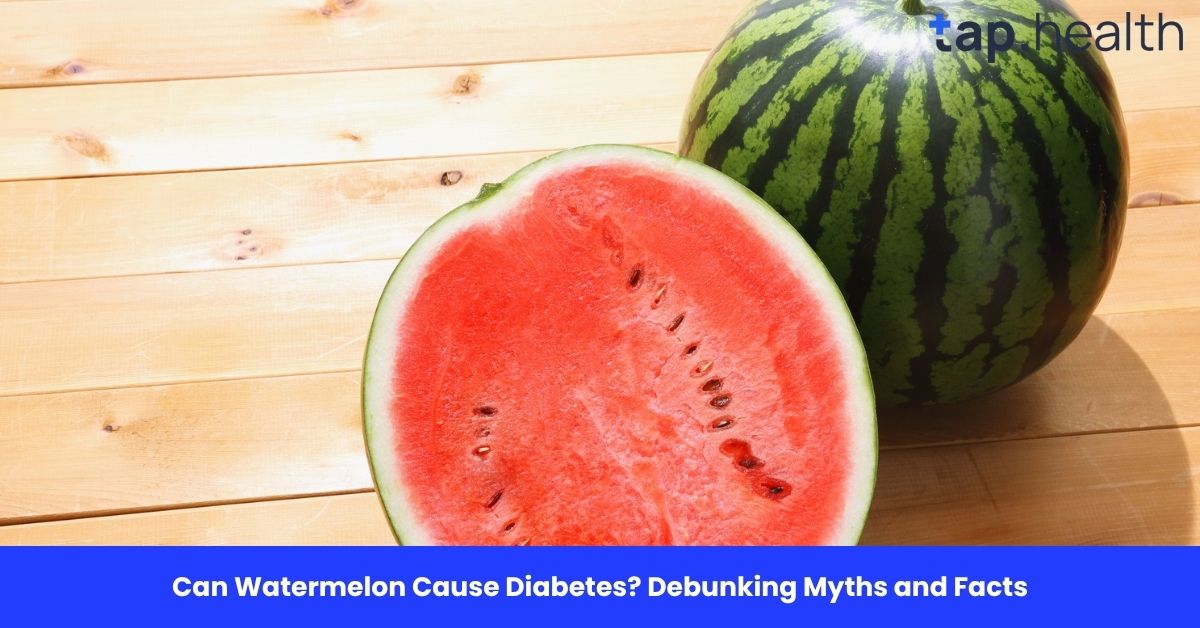Dengue fever, a mosquito-borne viral illness, affects millions globally, particularly in tropical regions. While there’s no specific cure, proper nutrition plays a pivotal role in supporting the immune system, repairing tissues, and speeding up recovery. This guide explores the best foods to eat during dengue, essential nutrients for recovery, and foods to avoid to prevent worsening symptoms. With practical meal planning tips, this blog will help you or your loved ones navigate dengue recovery effectively.
Understanding Dengue Fever and Its Impact on the Body
Dengue fever, caused by the dengue virus and spread by Aedes mosquitoes, leads to symptoms like high fever, headaches, muscle pain, and, in severe cases, life-threatening complications like dengue hemorrhagic fever. The virus targets immune cells, the liver, spleen, and bone marrow, triggering inflammation and cytokine release. This results in symptoms such as nausea, rash, and fatigue. Severe cases may cause plasma leakage or organ damage, making nutrition critical for recovery.
Why Nutrition Matters in Dengue Recovery A well-balanced diet rich in proteins, vitamins, minerals, and fluids helps:
- Strengthen the immune system.
- Repair damaged tissues.
- Prevent dehydration caused by fever and sweating.
- Reduce symptom severity and recovery time.
Consulting a healthcare professional for personalized dietary advice is essential, as individual needs vary based on symptoms and medical history.
Essential Nutrients for Dengue Patients
Proper nutrition during dengue fever ensures the body has the resources to fight the virus and recover. Below are the key nutrients and their roles in recovery.
Importance of Hydration in Dengue Recovery
Dehydration is a major concern during dengue due to high fever and sweating. Staying hydrated replenishes lost fluids and electrolytes, preventing complications.
- Best Choices: Water, coconut water, and oral rehydration solutions (ORS).
- Hydrating Foods: Water-rich fruits like watermelon, melons, and pomegranates provide hydration and essential vitamins.
- Benefits: Hydration boosts energy, supports organ function, and promotes overall well-being.
Pro Tip: Sip fluids throughout the day to maintain hydration, especially if appetite is low.
Role of Proteins in Dengue Recovery
Proteins are vital for tissue repair and immune function, helping the body recover from the damage caused by the dengue virus.
- Sources: Lean meats (chicken, fish), eggs, dairy, legumes, tofu, and lentils.
- For Low Appetite: Protein-rich smoothies with Greek yogurt, almond butter, chia seeds, or spinach are easy to digest and nutrient-dense.
- Benefits: Proteins support tissue regeneration and strengthen immunity.
Vitamins and Minerals to Boost Immunity
Certain vitamins and minerals enhance immune function and reduce inflammation, aiding dengue recovery.
- Vitamin C: Found in citrus fruits (oranges, lemons), strawberries, and bell peppers, it boosts immunity and supports collagen production for wound healing.
- Vitamin A: Leafy greens, carrots, and sweet potatoes promote immune health.
- Zinc and Iron: Nuts, seeds, and whole grains aid in fighting the virus.
- Vitamin E: Almonds, sunflower seeds, and spinach act as antioxidants, reducing inflammation.
Pro Tip: Incorporate a variety of these nutrient-rich foods to maximize recovery benefits.
Best Foods to Include in a Dengue Diet
A nutrient-dense diet supports recovery by providing energy, repairing tissues, and boosting immunity. Here are the top foods to include.
Fruits Beneficial for Dengue Patients
Fruits are packed with vitamins, minerals, antioxidants, and water, making them ideal for dengue recovery.
- Top Picks:
- Citrus Fruits: Oranges, grapefruits, and lemons (rich in vitamin C).
- Papaya and Kiwi: High in vitamin C and antioxidants.
- Watermelon and Melons: Hydrating and nutrient-rich.
- Benefits: These fruits boost immunity, aid hydration, and provide energy.
Vegetables to Support Dengue Recovery
Vegetables supply essential nutrients and fiber, supporting the immune system and overall health.
- Top Picks:
- Leafy Greens: Spinach, kale, and broccoli (rich in vitamins A, C, and E).
- Root Vegetables: Carrots, sweet potatoes, and beets (high in antioxidants).
- Benefits: Vegetables strengthen immunity and aid tissue repair.
Whole Grains for Sustained Energy
Whole grains provide complex carbohydrates and fiber, offering steady energy without spiking blood sugar.
- Top Picks: Brown rice, quinoa, oats, whole grain bread, and pasta.
- Benefits: These foods provide sustained energy and essential nutrients for recovery.
Foods to Avoid During Dengue Fever
Certain foods can worsen dengue symptoms, delay recovery, or cause digestive discomfort. Here’s what to steer clear of.
Foods That Worsen Dengue Symptoms
- Spicy and Oily Foods: These irritate the stomach and increase inflammation.
- Caffeinated Beverages: Coffee and tea can dehydrate the body.
- Carbonated Drinks: These may cause bloating or discomfort.
- Processed Foods: High in unhealthy fats and additives, they hinder recovery.
Unhealthy Foods That Delay Recovery
- Sugary Snacks: Candy, pastries, and sodas weaken immunity.
- Fried Foods: High-fat foods strain the digestive system.
- High-Sodium Foods: Canned soups or processed meats can disrupt fluid balance.
- Alcohol: It weakens the immune system and delays healing.
Pro Tip: Stick to simple, wholesome foods to support the body’s recovery process.
Meal Planning for Dengue Patients
Strategic meal planning ensures dengue patients get adequate nutrition, even with reduced appetite. Below are practical meal and snack ideas.
Breakfast Ideas for Dengue Recovery
Start the day with nutrient-dense, easy-to-digest meals:
- Oatmeal with Fruits and Nuts: Provides fiber, vitamins, and healthy fats.
- Poached Eggs with Whole Grain Toast: Offers protein and complex carbs.
- Yogurt with Granola and Berries: Rich in protein, probiotics, and antioxidants.
Tip: Pair breakfast with hydrating drinks like coconut water or herbal tea.
Lunch and Dinner Options for Dengue Patients
Focus on balanced meals with lean proteins, whole grains, and vegetables:
- Grilled Chicken or Fish with Brown Rice and Steamed Veggies: High in protein and nutrients.
- Lentil Soup with Whole Grain Bread: Easy to digest and nutrient-packed.
- Vegetable Stir-Fry with Tofu and Quinoa: Offers plant-based protein and fiber.
Tip: Keep portions small and frequent to avoid overwhelming the digestive system.
Healthy Snacks and Hydrating Drinks
Snacks and drinks maintain nutrient intake and hydration throughout the day:
- Snacks: Fresh fruits, yogurt, nuts, seeds, or homemade smoothies.
- Drinks: Water, coconut water, herbal teas, or ORS.
Tip: Blend fruits with yogurt or protein powder for nutrient-dense smoothies.
Additional Tips for Dengue Recovery
- Consult a Professional: Work with a healthcare provider or dietitian to tailor a diet plan to your specific needs, allergies, and symptoms.
- Small, Frequent Meals: If appetite is low, eat small portions throughout the day to ensure nutrient intake.
- Monitor Symptoms: Adjust your diet based on symptoms like nausea or digestive discomfort.
- Rest and Hydration: Combine proper nutrition with adequate rest and fluid intake for optimal recovery.
FAQs: People Also Ask About Dengue Diet
What is the best food for dengue fever? The best foods include hydrating fruits (papaya, watermelon), protein-rich foods (eggs, lean meats), and vegetables (spinach, carrots) to boost immunity and support recovery.
Can I drink milk during dengue? Yes, milk is a good source of protein and calcium, but opt for low-fat or plant-based milk if digestion is sensitive. Avoid if lactose intolerant.
Is coconut water good for dengue? Yes, coconut water is excellent for hydration and provides electrolytes, making it ideal for dengue patients.
What should I avoid eating during dengue? Avoid spicy, oily, sugary, and processed foods, as well as caffeine and alcohol, to prevent worsening symptoms or delaying recovery.
Conclusion
A well-planned diet is crucial for dengue recovery, helping to strengthen the immune system, repair tissues, and prevent complications like dehydration. Focus on hydrating fruits, protein-rich foods, vegetables, and whole grains while avoiding spicy, sugary, or processed foods. Small, frequent meals and plenty of fluids like coconut water can make a significant difference. Always consult a healthcare professional for personalized advice to ensure the diet meets your specific needs. With the right nutrition, dengue patients can recover faster and regain their strength effectively.



